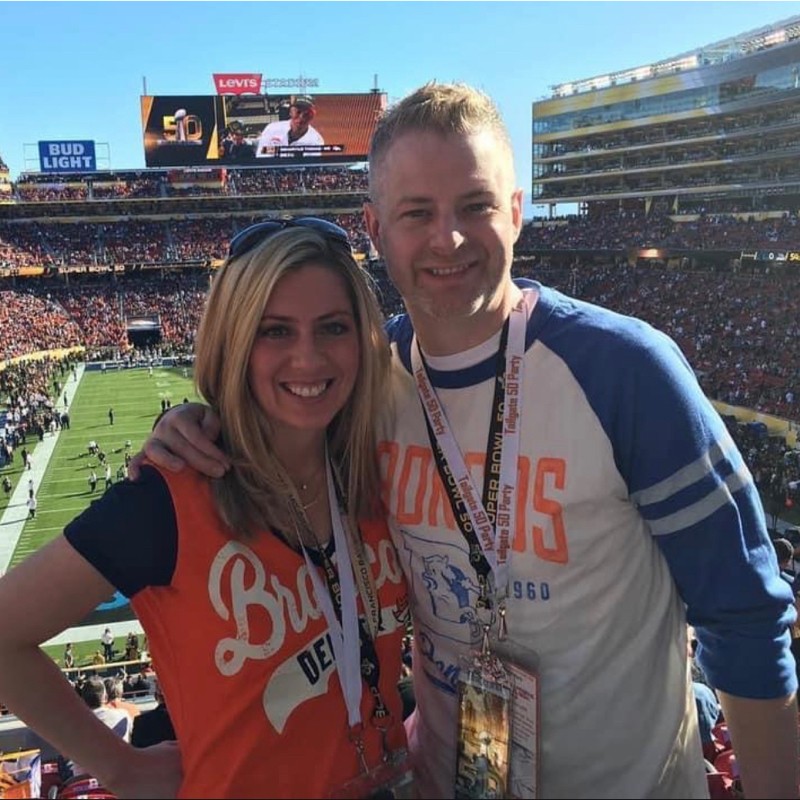Was Brigham Young Racist?
Yes. It appears that Brigham Young knew that Black men had been given the priesthood and he praised at least one Black elder for his exemplary character, as a priesthood holder. In March of 1847, while at Winter Quarters, Young said that Quaku Walker Lewis, a Black priesthood holder, was “one of the best Elders we have.” However, it also appears that Young’s views on priesthood ordination evolved. There is no evidence that shows Youngss views were revelatory, but his views seem to simply be a product of the wider culture and his circumstances.
In 1852, a large debate over the issue of slavery took place in the legislature. In 1851, a census of the Utah Territory counted forty-six enslaved men and women. During the debate, Orson Spencer and Brigham Young argued in favor of slavery. Young delivered two speeches during the debate and used the curse of Cain rationale, saying that since black people couldn’t bear priesthood, they “ought to dwell in servitude.” He went on to say that men of Black African descent could not be ordained to the priesthood but that at a future date, “black Church members would ‘have [all] the privilege and more’ enjoyed by other members.” This was interpreted by leaders of the church to mean that Black men were not allowed to receive the priesthood, even though Black men already had received the priesthood.
Disallowing Black men to receive priesthood ordination and Black men and women from receiving temple ordinances was not officially a church policy until 1908. The church president Joseph F. Smith examined the historical record and misinterpreted it. This misinterpretation led to Joseph F. Smith making the priesthood ban official church policy.
The LDS priesthood ban ended on June 8th, 1978 when the President of the church, Spencer W. Kimball announced that he and the First Presidency had received a revelation. The revelation rescinded the priesthood ban. All worthy men could receive the priesthood and all worthy members of the church could receive temple ordinances.
References
- Historian’s Office, General Church Minutes, March 26, 1847, quoted in Saints: No Unhallowed Hand, Vol. 2 (Salt Lake City, UT: The Church of Jesus Christ of Latter-day Saints, 2020), 72.
- “Race and the Priesthood,” The Chuch of Jesus Christ of Latter-day Saints, accessed March 19, 2024, https://www.churchofjesuschrist.org/study/manual/gospel-topics-essays/race-and-the-priesthood?lang=eng
- Reeve, “Elijah Able,” https://exhibits.lib.utah.edu/s/century-of-black-mormons/page/able-elijah#?c=&m=&s=&cv=&xywh=-1168%2C-73%2C3812%2C1460 and L. John Nuttall, diary, vol. 1 (Dec. 1876 – Mar. 1884), typescript, 290-293.
- Official Declaration 2,” Doctrine and Covenants, https://www.churchofjesuschrist.org/study/scriptures/dc-testament/od/2?lang=eng#p5.


